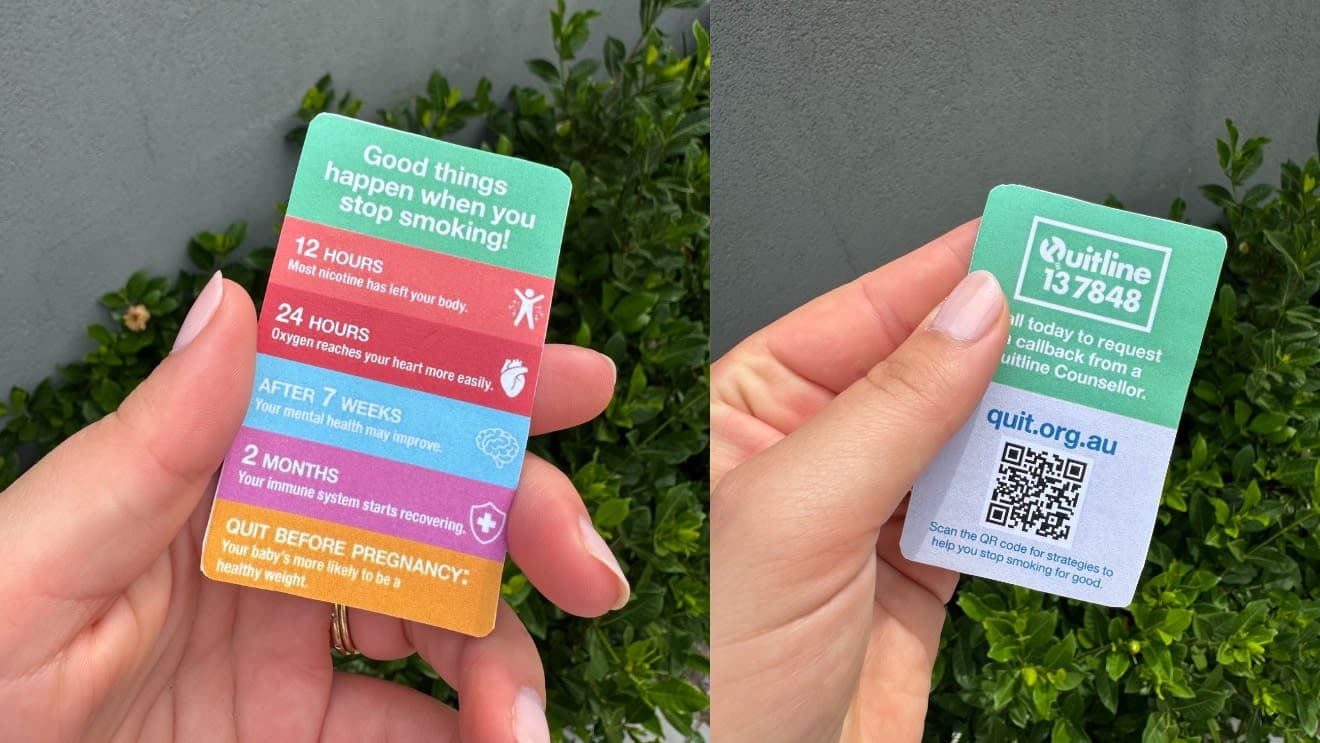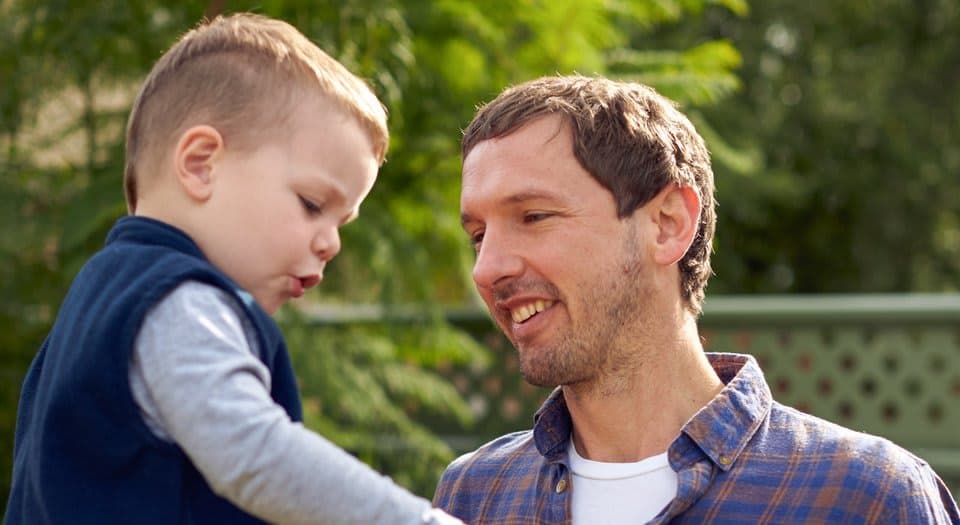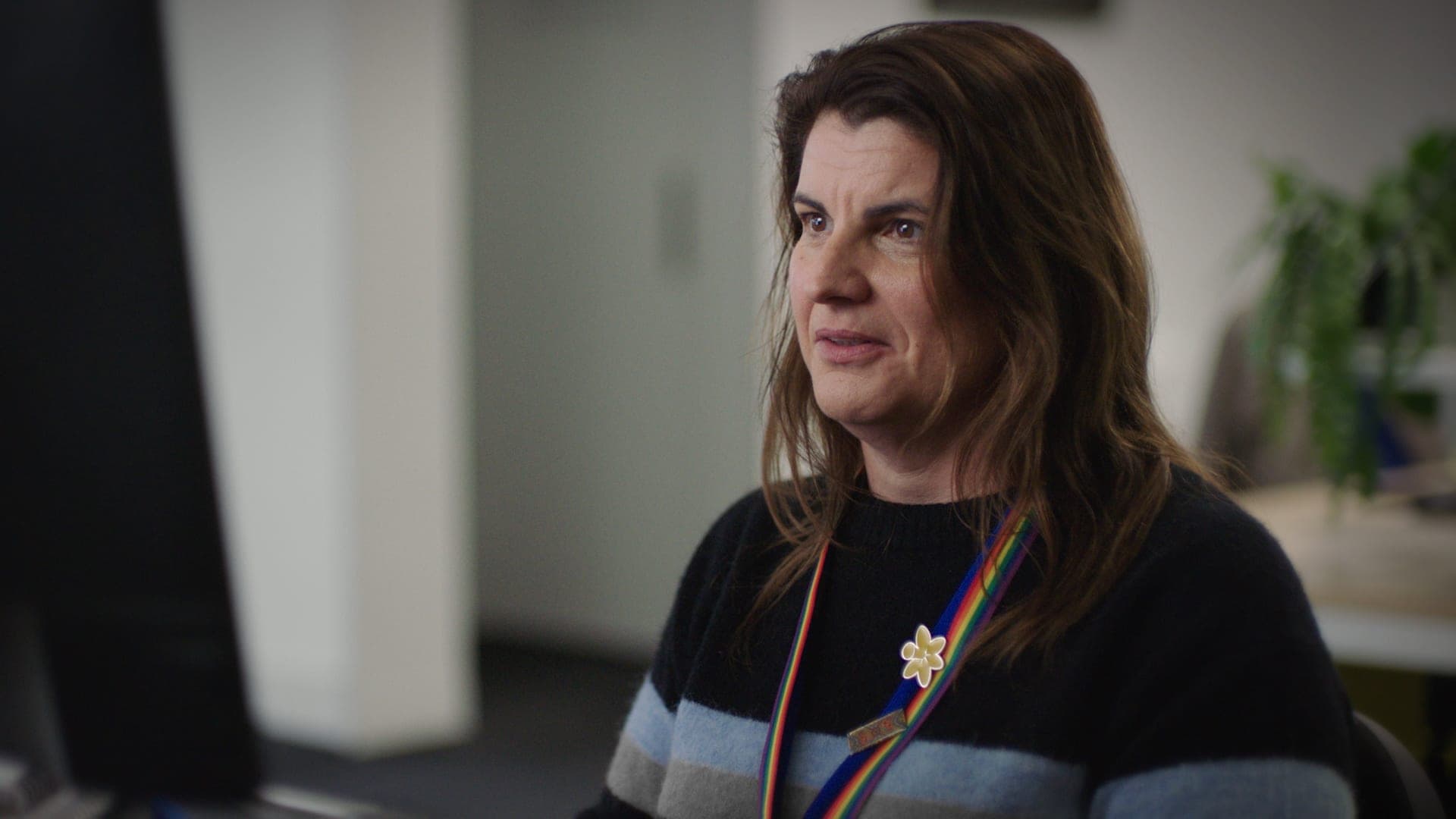Smoking can lead to removal of your voice box due to cancer. This can drastically impact your life.
The best way to reduce your risk is to stop smoking. We're here to help.
Smoking is a major cause of 16 types of cancer including laryngeal cancer, or cancer of the voice box. People who smoke are much more likely to get this type of cancer.
Laryngeal cancer can lead to the removal a person's voice box. Removal of the voice box - or a laryngectomy - is one of the most life-changing operations a person can have.
Watch Dr Hamish Mace talk about what happens when you have your voice box removed:
For the full-length version of the Voice Box television advertisement, visit Quit's YouTube channel (WARNING: contains graphic medical content).
Fast facts
If you smoke, you're much more likely to get cancer of the voice box (laryngeal cancer).
People who smoke are 9x more likely to get laryngeal cancer.
Almost 80% of laryngeal cancers are caused by smoking.
Having your voice box removed drastically impacts your life.
After surgery, air will pass through a hole in your neck (called a stoma). This can affect your sense of smell and taste.
You need to avoid getting water in the stoma, as it leads directly into your windpipe and down to your lungs. This means you can't go swimming, and showering becomes difficult.
Your speech will also be affected - without vocal cords you can’t raise your voice, so cheering or singing loudly is no longer possible.



